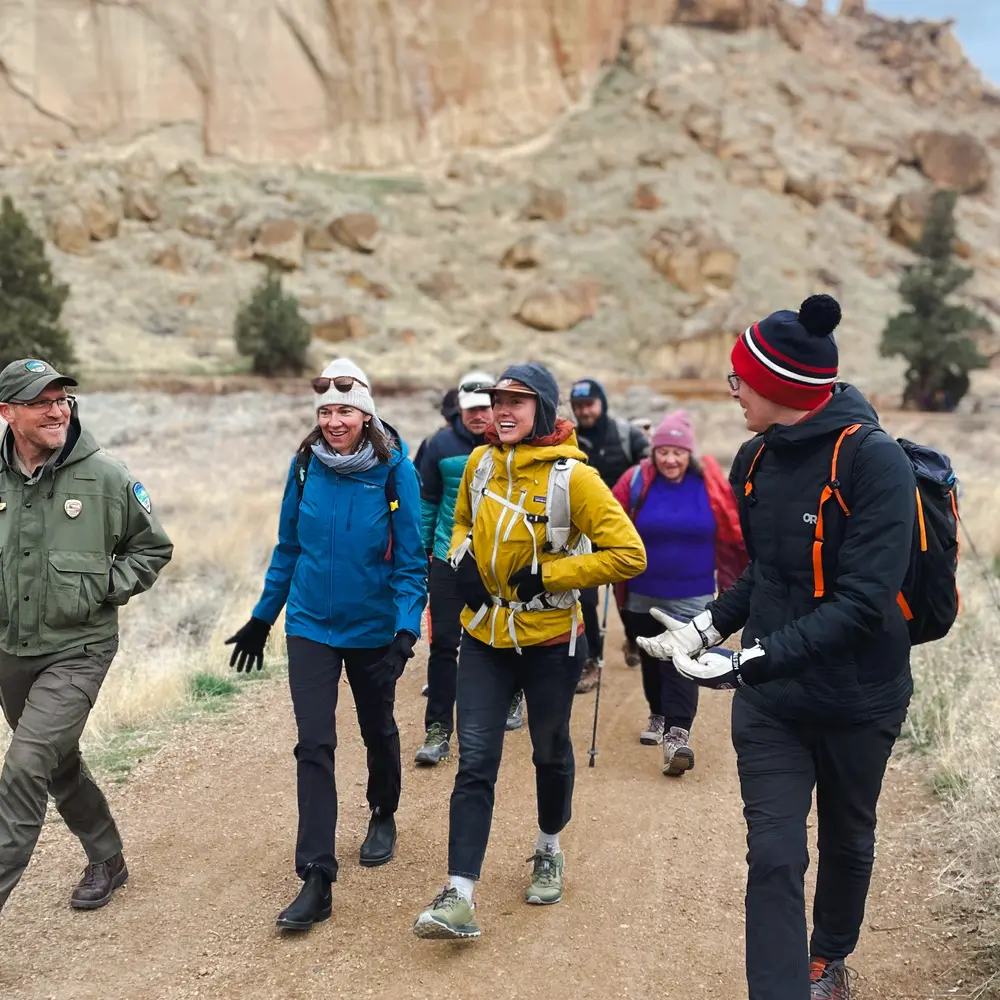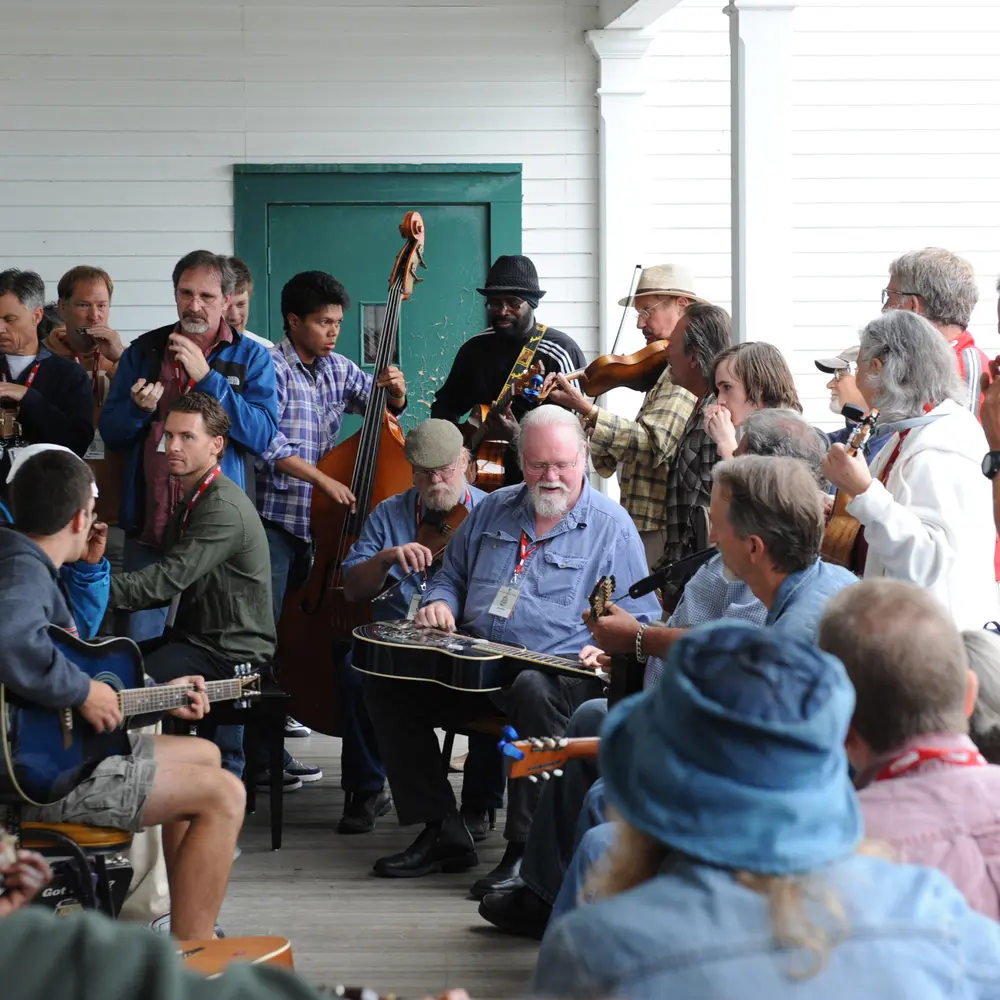Simply by virtue of living in remote areas, Rural Americans are often grossly underserved in the area of health care. Rural Americans make up about 20 percent of the U.S. population, and they face many barriers to the availability of and access to quality health care, which can be rooted in a variety of areas, including economic, social, ethnic, racial and geographic factors.
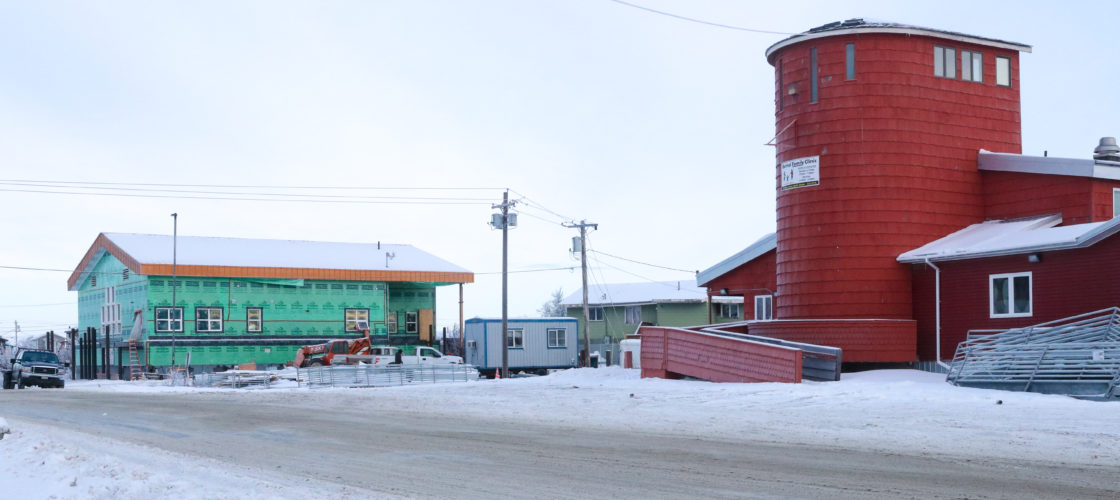
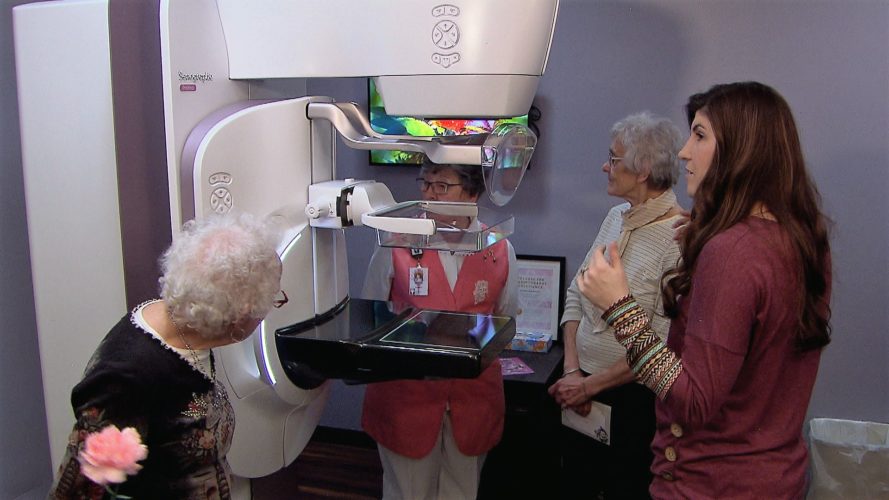

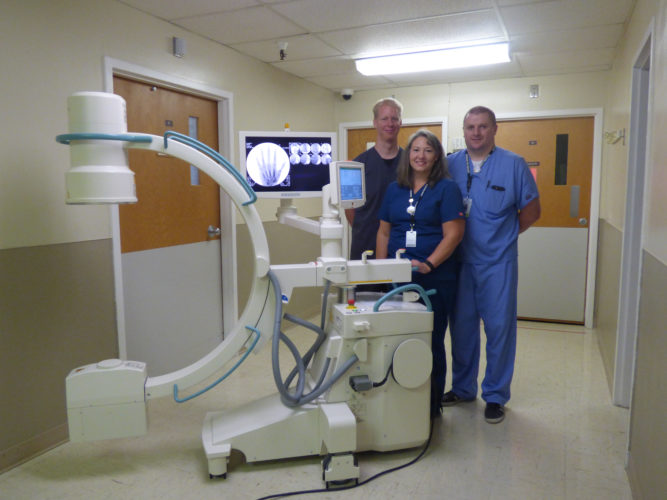
These care obstacles are of course not the result of the practitioners serving these communities. In fact, many dedicated professionals devote their careers to ensure that rural residents receive the best care possible and work tirelessly to bring their services to rural communities in person and via technology. A variety of factors must be in place for quality health care: the financial resources or health insurance to pay for care, transportation to reach services, the ability to communicate about health needs if English is not the first language, and the need for privacy, which can be a concern in small communities.
Indeed, the challenges facing rural communities are largely the result of infrastructure factors and geography. For example: consider transportation.
Because medical centers and hospitals are few and far between in rural areas, regular preventive care is not an option for many, and health problems can become serious by the time people are able to travel to receive care. It can also be difficult to take the time off work because of the many hours involved between travel and waiting for and receiving care. Add to that the overall lack of medical health professionals serving rural areas to meet the health needs of those communities, and the odds are stacked against Rural Americans.
The Murdock Trust partners with many clinics and hospitals located in and serving the rural communities of the Pacific Northwest. Providing quality and timely health care is of vital importance, not just to the physical health but to the overall well-being of our communities. When the basic human need of good health is not met, then the people we serve cannot benefit from the amazing services provided by other nonprofits, like science programs, museums, youth development and other human services that help create a full and well-rounded life.
Here are four of the rural clinics and hospitals in our region providing life-saving services to Rural Americans.
Bethel Family Clinic is a community health center in western Alaska, a location that is sparsely populated and has limited access to air and boat travel. The clinic provides medical, dental and behavioral health services to mainly Alaska Native patients, and the medical staff travel to outlying villages to provide medical services to children, often the only time they will receive medical exams each year. Clinics like Bethel are vital to those living in extremely rural and hard-to-reach areas.
Women and children across eastern Montana face a lack of providers and services targeted to their needs. Glendive Medical Center recognized this vacuum and ramped up its services to include 3-D mammography, traveling primary care, remote radiology and the highest quality equipment funded with help from the Murdock Trust. With a new fluoroscope, Glendive’s medical staff can capture moving images of the heart, barium and swallowing for diagnosis and therapy, especially in children.
Yakima Valley Farm Workers Clinic serves migrant and seasonal agricultural workers with medical, dental and behavioral health through locations in rural areas across Washington and Oregon. These clinics are often the only source of affordable and culturally competent patient care for the mainly Hispanic populations in these communities. Its Safe Haven program provides social services, including afterschool programs, to Hispanic and Native American youth and their families in Toppenish, Washington, which the Murdock Trust supported through a larger and safer building.
Nell J. Redfield Memorial Hospital in Malad City, Idaho, operates a hospital with acute and long-term care, as well as a health clinic. The hospital approached the Murdock Trust because it desperately needed to update its 25-year-old mobile x-ray device that malfunctioned during surgical procedures, so bulky and heavy that it took two people to maneuver. People in rural areas shouldn’t be subject to outdated machinery that puts them at risk. The Murdock Trust works to ensure that rural hospitals have state-of-the-art machinery to better serve rural patients.
High-quality, accessible healthcare is of utmost importance to Rural Americans, and the Murdock Trust will continue to support clinics and hospitals throughout the rural Northwest. Dive deeper into the challenges and opportunities in rural healthcare, meet some of our other partners, including Bozeman Health and Teton Valley Healthcare, or browse our Grants Awarded page to learn more about our support of rural health.
The post Grant Stories: Rural Clinics appeared first on M. J. Murdock Charitable Trust.

